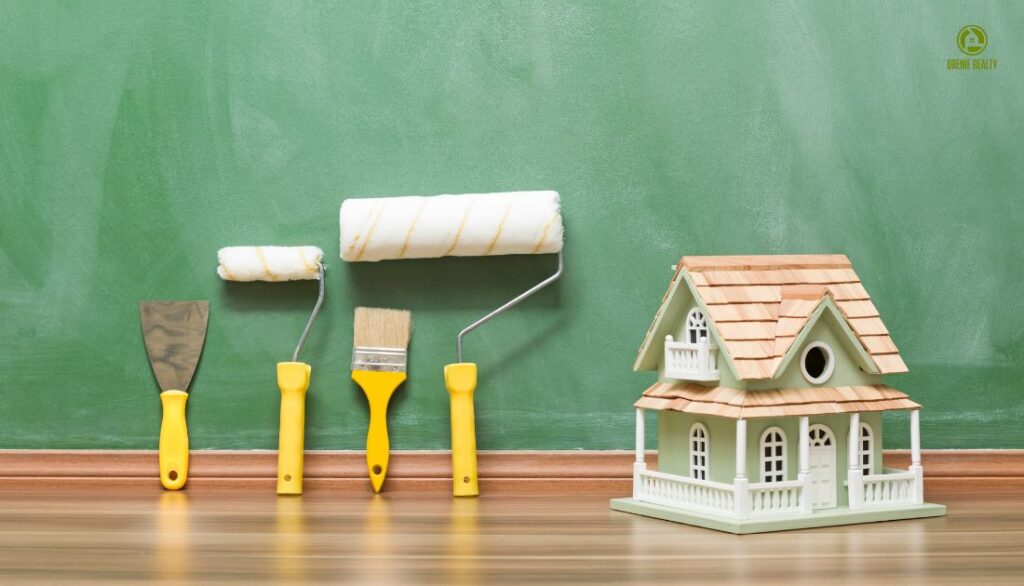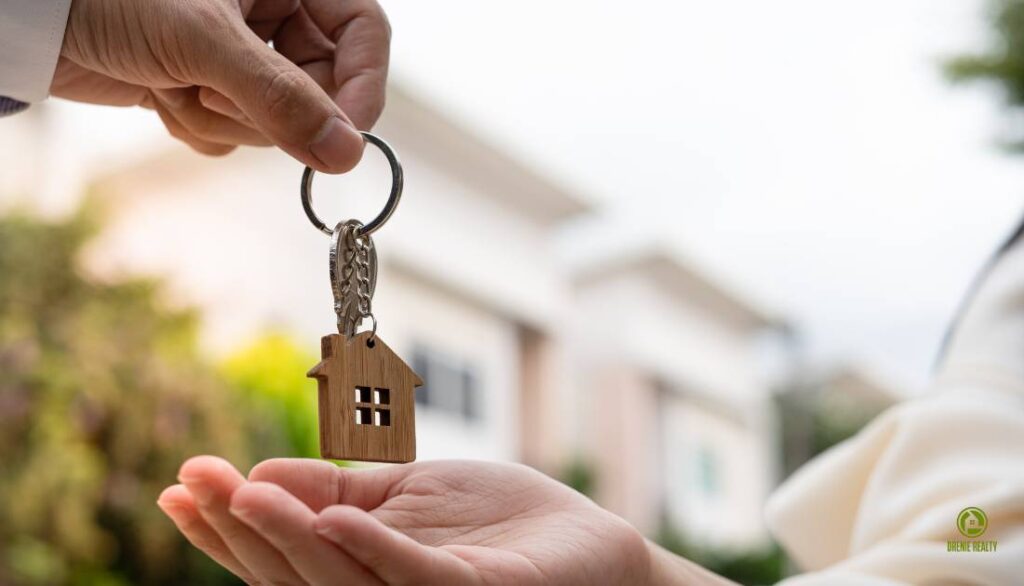Buying a house is a monumental achievement that comes with a sense of pride and excitement. It’s a journey that culminates in finally holding the keys to your new home. However, the process doesn’t end once you make the purchase. For many, the question of “What to do next?” arises almost immediately after closing the deal.
Whether you’re a first-time homeowner or a seasoned real estate investor, understanding the next steps can help you navigate this transition smoothly. From settling in and tackling essential tasks to personalizing your space and securing your investment, there are many considerations to keep in mind. This guide will provide you with valuable insights and practical tips to ensure you make the most of your new home. Stay tuned as we explore the crucial steps you should take after buying a house.
9 things to do immediately after buying a house
Secure your home
One of the first tasks on your list should be securing your new property. Safety comes first.
Change the Locks: You never know how many people may have copies of the existing keys—from previous homeowners to realtors and contractors. Changing the locks ensures that only you and your trusted ones have access.
Install a Security System: Whether it’s a professionally monitored system or DIY security cameras, keeping your home secure from day one is vital. According to studies, homes without security systems are up to 300% more likely to be burglarized.
Connect the utilities
Without utilities functioning correctly, adjusting to your new home will be problematic.
Set Up Electricity and Gas: Contact local utility providers as soon as possible. It’s best if these services are activated before moving day so that you’re not left in discomfort.
Water Services: Ensure that water supply for drinking, cooking, cleaning, and bathing are operational upon arrival.
Set up TV, internet, and phone services
In today’s highly connected world, being offline can feel quite isolating.
Choose Service Providers: Research local service providers ahead of time. Sometimes bundling services (TV, internet, phone) can save money monthly.
Wi-Fi Installation: A functional Wi-Fi network is crucial not just for personal use but also for setting up smart home devices such as security systems or thermostats.
Check Smoke and Carbon Monoxide Detector
Safety shouldn’t wait; ensure your detectors are in good shape from day one.
Test Each Device: Make sure each smoke detector is working properly by pressing the test button. Do the same with carbon monoxide detectors—essential devices that could save lives in emergencies.
Replacement Schedule: Note when each device was last replaced; typically they need replacing every ten years for smoke detectors and five years for carbon monoxide detectors respectively according to manufacturer guidelines.
Test your water
Ensuring pure water quality protects both health and appliances within the house.
Conduct Water Tests: Kits are available at most hardware stores or contact professional services for comprehensive testing especially in homes with wells.
Fun Fact: Around 15 million U.S households rely on private wells for drinking water – EPA data shows!
Set up safety measures for kids and pets
If you have young kids or pets ensuring their safety throughout transition periods matters hugely!
Child-proofing & Pet-proofing Steps:
- Install gates at the stairs
- Cover electrical outlets
- Secure loose wires out of reach
By proactive planning, people reduce the chances of accidents during stressful moving times significantly!
Unpack and Stock up
Moving can be overwhelming, but unpacking strategically can make the process smoother. Start with the essentials:
- Kitchen: Set up your kitchen first so you can prepare meals and avoid unnecessary takeout expenses.
- Bedrooms: Make sure beds are assembled and linens are unpacked to ensure everyone gets a good night’s sleep.
- Bathrooms: Stock up on toiletries and towels to keep everyone comfortable.
Develop a regular maintenance schedule
A well-maintained home is a happy home. Regular maintenance can save you from costly repairs down the line. Here’s a basic schedule to get you started:
- Monthly:
- Check HVAC filters and replace if necessary.
- Test smoke and carbon monoxide detectors.
- Seasonally:
- Inspect the roof for damage.
- Clean gutters and downspouts.
- Service heating and cooling systems.
- Annually:
- Schedule a professional home inspection.
- Flush the water heater.
- Check for signs of pests.
Introduce yourself to neighbors
Getting to know your neighbors can enhance your living experience and create a sense of community. A study by the University of Michigan found that strong neighborhood ties can increase life satisfaction and reduce stress. Here are some ways to introduce yourself:
- Host a Housewarming Party: Invite neighbors over for a casual get-together.
- Join Local Groups: Participate in neighborhood associations or social media groups.
- Lend a Hand: Offer to help with community events or neighborhood projects.
Building good relationships with your neighbors can also improve security and create a support network.
Maintain Your Home Regularly
Schedule Routine Maintenance
Establish a maintenance schedule to keep your home in top shape. Regular tasks such as changing air filters, cleaning gutters, and inspecting your roof can prevent costly repairs later on.
Keep Records of Repairs and Upgrades
Documenting repairs and upgrades can help you track your home’s history and future resale value. Keep receipts, warranties, and manuals organized in a dedicated file or digital folder. This information can be invaluable when selling your home or making insurance claims.
Last Few Words
As you settle into your new home, remember that the journey has just begun. From securing your finances to personalizing your space, each step you take will transform your house into a true haven. Now that you know what to do after buying a house, why not take the first step today? Subscribe to our newsletter for more insightful tips and join our community of new homeowners navigating this exciting chapter together. For more insightful tips, check out our related post on Things to do before you sell your house



